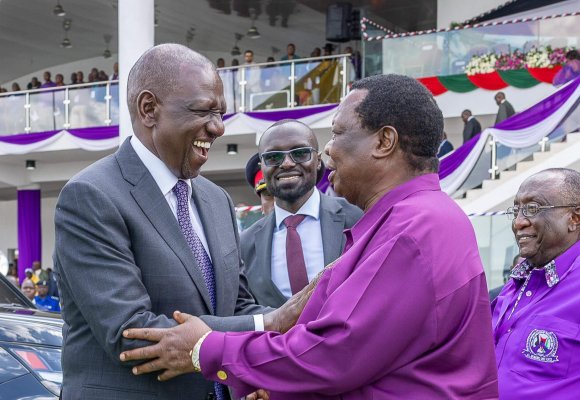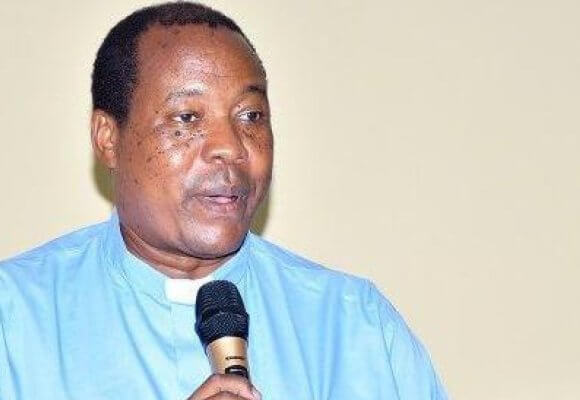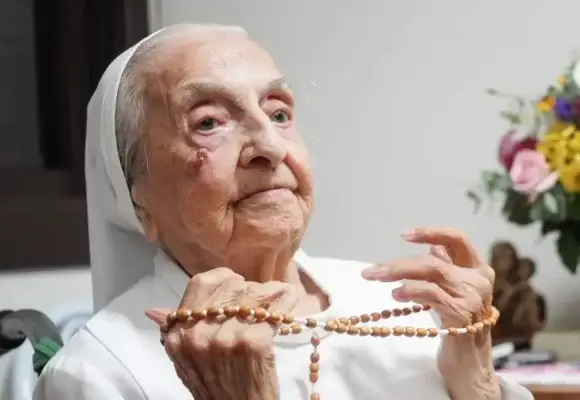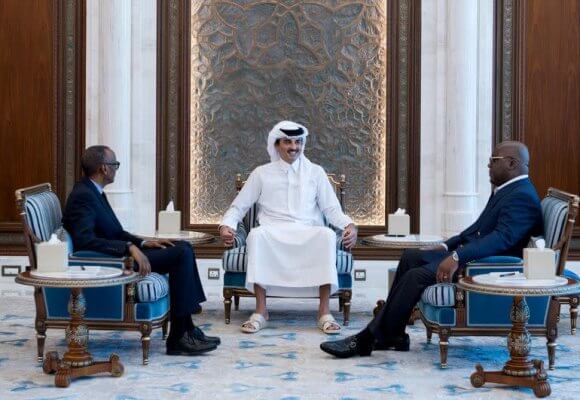|
LISTEN TO THIS THE AFRICANA VOICE ARTICLE NOW
Getting your Trinity Audio player ready...
|
Earthquake Kills Over 2,900 in Morocco
Many survivors of Morocco’s earthquake were struggling in makeshift shelters throughout the week after several nights outside, while villagers in devastated mountain areas voiced frustration at having received no help from the authorities.
The death toll from the 6.8 magnitude quake that struck in the High Atlas Mountains late on Friday rose to 2,901, while the number of people injured more than doubled to 5,530, state television reported.
The worst-hit areas are in the High Atlas Mountains, where many villages have been completely destroyed.
The earthquake struck on Friday night, at 23:11 local time (22:11 GMT). Many people were asleep when the quake hit, and were trapped in their homes. Rescuers have been working around the clock to reach survivors, but the difficult terrain and the risk of further aftershocks have made the operation challenging.
The quake was felt in several areas of the country, including the cities of Marrakesh, Ouarzazate, and Azilal. The worst damage was reported in the provinces of al-Haouz and Marrakesh, where many buildings collapsed. The Medina of Marrakesh, a UNESCO World Heritage site, was also badly damaged. The epicenter was located about 30 kilometers (19 miles) south of Marrakesh. The quake was also felt as far away as Algeria and Spain.
Rescue workers are still working to reach people trapped in the rubble, and the death toll is expected to rise. The Moroccan government has declared three days of national mourning. Morocco is located in a seismically active region, and earthquakes are not uncommon. However, this is the deadliest earthquake to hit the country in decades.
The government has appealed for international aid, and several countries have already pledged assistance. The Moroccan government said it has assessed the needs of the affected areas and considered the importance of coordinating relief efforts before accepting help. They may accept offers of aid from other countries and will work to coordinate them if needed.
However, Spain and Britain have sent search-and-rescue teams with sniffer dogs. Qatar has also sent a search-and-rescue team. The European Union has released an initial $1.07 million to non-governmental aid organizations in Morocco.
France and Germany have not yet been formally asked for aid, but they have said they are ready to help if needed.
The Moroccan government’s decision to accept aid from some countries but not others has been interpreted by some as a political move. However, the government has said that the decision was made based on the needs of the affected areas and the availability of resources.
The government has also said that it is committed to coordinating relief efforts to ensure that they are efficient and effective.
The earthquake has caused widespread devastation in Morocco, and the full extent of the damage is still not known. The government has said that it will take years to rebuild the affected areas.
In the meantime, the focus is on providing relief to the victims of the earthquake. The government, using the military and other agencies, has set up shelters for the displaced, and is providing food, water, and medical care.
Libya floods: 11,300 Dead After Storm Daniel Devastates Derna City
A massive flood caused by the breaching of two dams in the Libyan coastal city of Derna had by Friday, September 15 claimed the lives of at least 11,300 people, according to the Libyan Red Crescent. The search for survivors continues, and the death toll is expected to rise further.
Marie el-Drese, secretary-general of the International Federation of Red Cross and Red Crescent Societies (IFRC) in Libya, told the Associated Press that another 10,100 people are missing. Health authorities had previously put the death toll in Derna at 5,500.
The storm also killed about 170 people elsewhere in Libya.
Derna Mayor Abdel-Moneim al-Ghaithi warned that the death toll in Derna could reach 20,000, given the extent of the damage to neighborhoods that were washed away.
The flood destroyed homes, businesses, and infrastructure, and left thousands of people homeless.
The storm’s impact was exacerbated by Libya’s fragile infrastructure and political divisions. Derna is bisected by a seasonal river that is normally protected by dams, but these were overwhelmed by the floodwaters.
The United Nations and other international organizations are mobilizing to provide aid to the victims, but the scale of the disaster is daunting. Pope Francis has expressed his sadness at the loss of life and destruction.
“Bodies are lying everywhere,” Hichem Abu Chkiouat, the minister of civil aviation in the east, told journalists. “The number of bodies recovered in Derna is more than 1,000. I am not exaggerating when I say that 25% of the city has disappeared.”
Other eastern cities, including Benghazi, were also hit by the storm, and the death toll is expected to rise further.
“We can confirm from our independent sources of information that the number of missing people is hitting 10,000 so far,” said Tamer Ramadan, head of a delegation of the International Federation of the Red Cross and Red Crescent Societies.
The United Nations and other countries have rushed aid to Libya, but Derna residents are struggling to cope with the scale of the disaster. The death toll is expected to rise significantly, as many people remain missing.
An internationally recognised Government of National Unity (GNU) is based in Tripoli, in the west, while a parallel administration operates in the east, including Derna.
Libya’s Tripoli-based Prime Minister Abdulhamid al-Dbeibah called the floods an unprecedented catastrophe. Libya’s Presidential Council head Mohammed al-Menfi has called for national unity.
Governments including Egypt, Qatar and Turkey have rushed aid to Libya. The Italian defence ministry said it was sending two military planes, carrying firefighters and other emergency rescue personnel, and a navy ship.
The United Arab Emirates sent two aid planes carrying 150 tonnes of urgent food, relief and medical supplies to eastern Libya.



































































LEAVE A COMMENT
You must be logged in to post a comment.